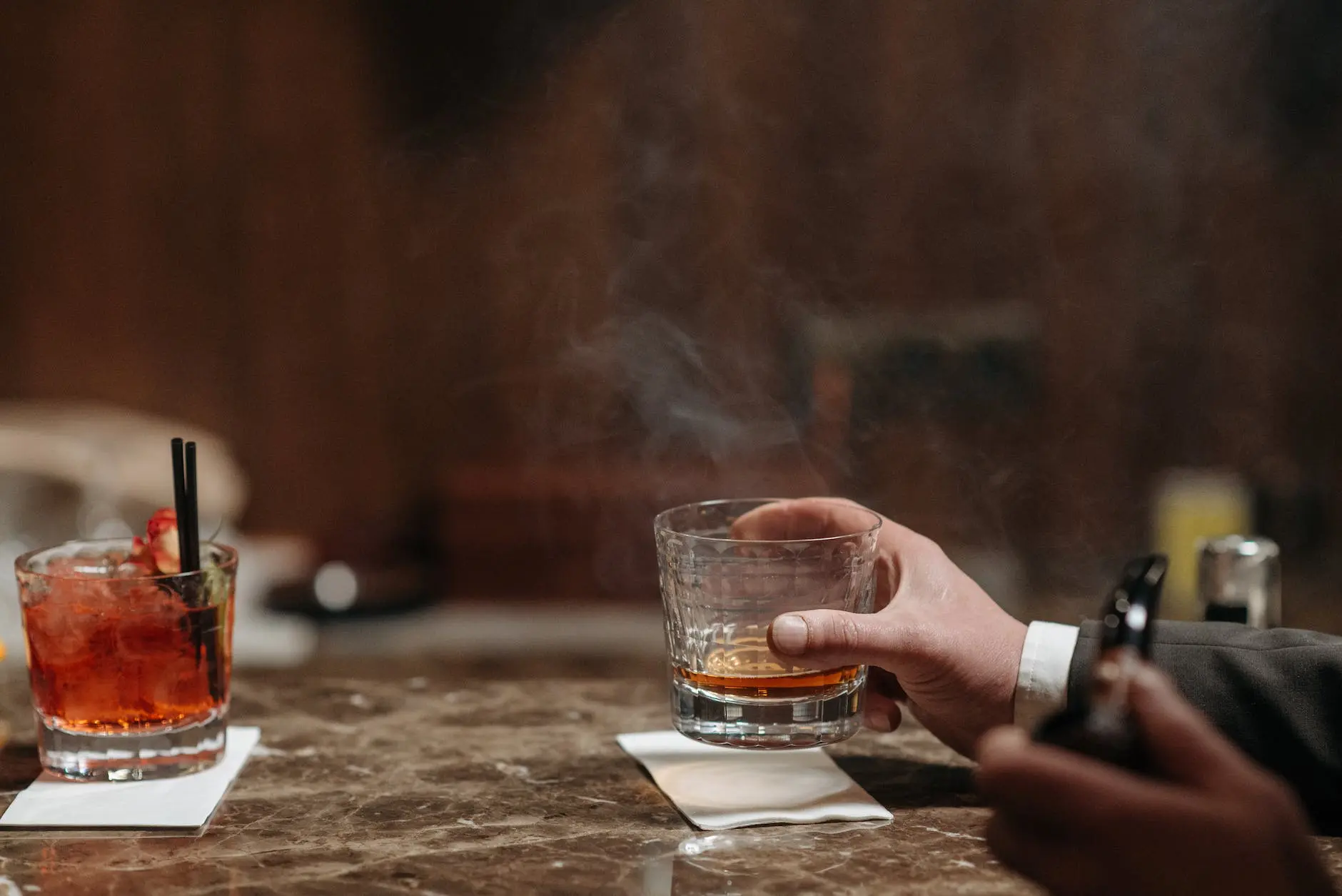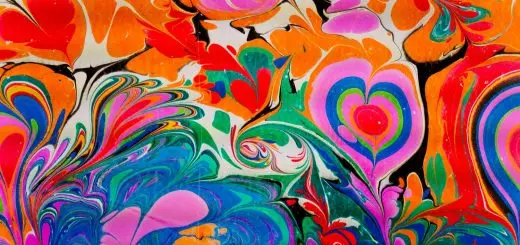Alcohol Addiction: Who Are The Real Victims?

Looking for more amazing products? Check out our online store and explore our collection here! Happy shopping!
Before diving in, please note: This post is for informational purposes only. If you’d like to know more about how we approach topics, feel free to check out our friendly Disclaimer Page.
Hey there, amazing readers! 
We’re committed to delivering quality posts, and your support (even just sticking around despite the ads) means everything to us. So, bear with us, and thanks for helping us keep the good vibes rolling. Now, on to the fun stuff!
TRANSLATE BUTTON AT THE END OF THE ARTICLE
Alcoholics often elicit either pity or anger from those around them.
These days, people are beginning to understand that the activities of alcoholics also have negative effects on the individuals who are closest to them.
Everyone in the alcoholic’s immediate environment is affected by their drinking problem.
People’s wives, spouses, and partners; their children, mothers, and dads; their bosses, workers, and staff; and even random strangers who were “in the wrong place” at the moment.
In almost all cases, the alcoholic does not intend to be the source of the trouble that they cause.
Alcoholism is characterized by a wide range of negative emotions, including hopelessness, helplessness, self-loathing, and dread.
Sadly, they allow themselves to get so consumed by their own sorrow that they fail to see the impact that they have on the lives of others.
Alcoholics tend to have terrible introspection, which leads to a downhill cycle in which they drink to forget or deal with their bad emotions, but the drinking just makes those feelings worse.
This spiral is caused by the alcoholic’s terrible introspection.
After some time, the alcoholic begins to think that they are unable to function well without drinking.
Because alcohol has a sedative impact on the brain, an alcoholic will begin to misattribute responsibility for his or her issues to other factors, such as other people and the environment.
The question then becomes one of faith, “I don’t drink alcohol at all.
I only consume alcohol because,” followed by an explanation of why.
It prevents the individual from acknowledging that there is a problem.
The individual will need a significant amount of assistance from loved ones and friends, as well as from professional organizations and therapists, in order to learn how to refrain from consuming alcohol.
However, none of this will be of much use until the alcoholic makes an open and honest admission that they have a problem in the first place.
The alcoholic has to first acknowledge that they have a problem before anyone else can begin to assist them.
This is not a simple matter.
Every time you lend a hand, the alcoholic will find a new reason to avoid treatment.
It’s possible that he craves the attention that drinking brings (which just serves to reinforce the consequences of self-pity), while she may feel that the assistance isn’t enough (no matter how unfair that may be).
Sadly, many alcoholics do not realize they have a problem with their drinking until after they have lost everything that is important to them, including their family, children, friends, work, and home.
After the alcoholic has acknowledged the severity of the issue and shown a willingness to seek treatment, it is time to provide support.
An alcoholic needs assistance in the form of tools in order to learn how to give up drinking alcohol.
Books, hypnosis, alternative treatments, and retreats are some more options that might be considered in addition to the professional guidance offered by organizations (some of them free).
Because alcohol is such a highly addictive substance, treating alcoholism often requires a multi-pronged strategy.
The most crucial thing to keep in mind is that this is the case.
Combining as many diverse strategies as you can, all of which should be functioning in tandem, will offer you the best chance of being successful.
Alcohol Addiction: A Solution
Is it possible that the rising rates of underage drinking and binge drinking, both of which are illegal, may lead to issues of an epidemic scale?
Are the good times and carefree living we’ve had recently going to catch up with us at some point in the not-too-distant future?
Explore the Path to Spirituality and Enlightenment – Start Here.
Bad drinking habits may hasten the development of a wide variety of health conditions, including diabetes, liver failure, and many others; thus, the possibility cannot be ruled out.
So why are we, in the twenty-first century, at the dawn of the information age, suffering difficulties like these?
And more importantly, how can we improve our poor drinking habits or cope with alcoholism?
Although binge drinking and alcoholism are two separate issues, the former may very easily lead to the latter.
So let’s get this out of the way first: binge drinking and alcoholism are not the same thing.
There are a variety of reasons why more and more individuals in today’s society are developing unhealthy behaviors and addictions related to alcohol.
It could be due to factors such as peer pressure, issues at home, depression, or avoidance, to mention just a few of the possibilities.
When a person merely wants to feel different or maybe even just de-stress, drinking can often become a simple and easy escape for them.
They eventually come to the conclusion that the solution to their question is not to be found at the bottom of a glass, but, by the time they reach this stage, addiction has typically already established itself and taken a firm hold on their victim.
When a behavior has been ingrained in a person’s routine, it is next to impossible for that person to break the habit on their own without significant assistance.
An individual who is currently struggling with alcoholism may get the assistance that they so sorely need in a number of different ways.
Hypnosis and self-hypnosis are two methods that I use to assist patients in overcoming their addictions in my clinic and via the use of my products.
Because it targets the portion of your mind that is known as your subconscious, this strategy, which I’ve found to be quite effective, is called “subconscious mind.” This is the region of your brain that stores all of the knowledge about your routines and beliefs, and it is also the area of your brain that ultimately makes you who you are.
Hypnosis just works to reprogram this area of your mind so that it can deliver you the outcomes that you both want and deserve in an effortless and direct manner.
This is a highly powerful aspect of the practice.
If you are currently struggling with an alcohol addiction and would like to rid yourself of the addiction altogether or simply cut down on how much you drink, then I would suggest that you begin with a hypnosis program or even a self-hypnosis book to help you break the habit.
Begin immediately if you are serious about regaining control of the situation.

The Enlightenment Journey is a remarkable collection of writings authored by a distinguished group of experts in the fields of spirituality, new age, and esoteric knowledge.
This anthology features a diverse assembly of well-experienced authors who bring their profound insights and credible perspectives to the forefront.
Each contributor possesses a wealth of knowledge and wisdom, making them authorities in their respective domains.
Together, they offer readers a transformative journey into the realms of spiritual growth, self-discovery, and esoteric enlightenment.
The Enlightenment Journey is a testament to the collective expertise of these luminaries, providing readers with a rich tapestry of ideas and information to illuminate their spiritual path.
Our Diverse Expertise
While our primary focus is on spirituality and esotericism, we are equally passionate about exploring a wide range of other topics and niches 

To ensure we provide the most accurate and valuable insights, we collaborate with trusted experts in their respective domains 
Our blog originally focused on spirituality and metaphysics, but we’ve since expanded to cover a wide range of niches. Don’t worry—we continue to publish a lot of articles on spirituality! Frequently visit our blog to explore our diverse content and stay tuned for more insightful reads.
Hey there, amazing reader! 
Check out our store here and take a peek at some of our featured products below! Thanks for being awesome!














